
Smith College is a private liberal arts women's college in Northampton, Massachusetts. It was chartered in 1871 by Sophia Smith and opened in 1875. It is the largest member of the historic Seven Sisters colleges, a group of women's colleges in the Northeastern United States. Smith is also a member of the Five College Consortium, along with four other nearby institutions in the Pioneer Valley: Mount Holyoke College, Amherst College, Hampshire College, and the University of Massachusetts Amherst; students of each college are allowed to attend classes at any other member institution. On campus are Smith's Museum of Art and Botanic Garden, the latter designed by Frederick Law Olmsted.
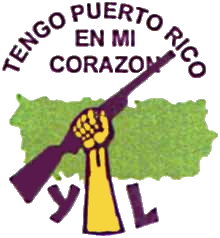
The Young Lords, also known as the Young Lords Organization (YLO) or Young Lords Party (YLP), was a Chicago-based street gang that became a civil and human rights organization. The group aims to fight for neighborhood empowerment and self-determination for Puerto Rico, Latinos, and colonized people. Tactics used by the Young Lords include mass education, canvassing, community programs, occupations, and direct confrontation. The Young Lords became targets of the United States FBI's COINTELPRO program.

Dorothy Irene Height was an African American civil rights and women's rights activist. She focused on the issues of African American women, including unemployment, illiteracy, and voter awareness. Height is credited as the first leader in the civil rights movement to recognize inequality for women and African Americans as problems that should be considered as a whole. She was the president of the National Council of Negro Women for 40 years. Height's role in the "Big Six" civil rights movement was frequently ignored by the press due to sexism. In 1974, she was named to the National Commission for the Protection of Human Subjects of Biomedical and Behavioral Research, which published the Belmont Report, a bioethics report in response to the infamous "Tuskegee Syphilis Study.

Community organizing is a process where people who live in proximity to each other or share some common problem come together into an organization that acts in their shared self-interest.

The National Council of Negro Women, Inc. (NCNW) is a nonprofit organization founded in 1935 with the mission to advance the opportunities and the quality of life for African-American women, their families, and communities. Mary McLeod Bethune, the founder of NCNW, wanted to encourage the participation of Negro women in civic, political, economic and educational activities and institutions. The organization was considered as a clearing house for the dissemination of activities concerning women but wanted to work alongside a group that supported civil rights rather than go to actual protests. Women on the council fought more towards political and economic successes of black women to uplift them in society. NCNW fulfills this mission through research, advocacy, national and community-based services, and programs in the United States and Africa.
Wednesdays in Mississippi was an activist group during the Civil Rights Movement in the United States during the 1960s. Northern women of different races and faiths traveled to Mississippi to develop relationships with their southern peers and to create bridges of understanding across regional, racial, and class lines. By opening communications across societal boundaries, Wednesday’s Women sought to end violence and to cushion the transition towards racial integration.

The Comisión Femenil Mexicana Nacional was a Mexican-American organization dedicated to economically and politically empowering Chicana women in the United States.
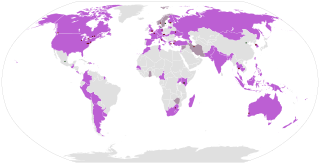
The International Council of Women (ICW) is a women's organization working across national boundaries for the common cause of advocating human rights for women. In March and April 1888, women leaders came together in Washington D.C., with 80 speakers and 49 delegates representing 53 women's organizations from 9 countries: Canada, the United States, Ireland, India, United Kingdom, Finland, Denmark, France and Norway. Women from professional organizations, trade unions, arts groups and benevolent societies participate. National councils are affiliated to the ICW and thus make themselves heard at the international level. The ICW enjoys consultative status with the United Nations and its Permanent Representatives to ECOSOC, ILO, FAO, WHO, UNDP, UNEP, UNESCO, UNICEF, UNCTAD, and UNIDO.
RightRides for Women's Safety was a 501(c)(3) nonprofit organization that served four boroughs in New York City, offering late-night rides home for women and LGBT individuals. The RightRides program began in 2004 and ceased operation around September 2013.
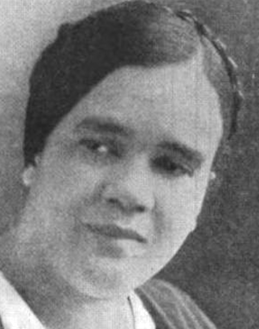
Arenia Conelia Mallory was an American educator based in Lexington, Mississippi. She was recognized nationally as a political activist working for African-American education and civil rights. She gained a national reputation as president of Saints Industrial and Literary School, which she developed over 50 years from a few students in 1926 to a private K-12 academic school and junior college on 350 acres. It was affiliated with the Pentecostal Church of God in Christ, in which Mallory had been active since about age 18.
The Sophia Smith Collection at Smith College is an internationally recognized repository of manuscripts, photographs, periodicals and other primary sources in women's history.
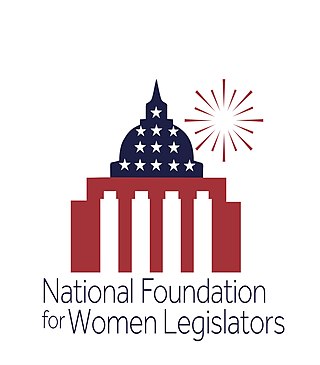
The National Order of Women Legislators (NOWL) was an organization for women legislators in the United States. Emma Poeter's book about its history was published in 1981. Smith College has a collection of the group's records. It was founded in 1938. It is non-partisan. It has used a small gold owl as an insignia. Its first meeting was attended by 31 legislators. Tea was served and the group was invited to the White House. In 2014 it reorganized as the National Foundation for Women Legislators, a 501(c)(3) tax-exempt foundation established by the National Order of Women Legislators (NOWL) in the USA. Headquartered in Alexandria, Virginia, it assists women legislators with public opinion and legislative issues..

Women's Action for New Directions or WAND is a volunteer-run progressive nonprofit organization in the United States that says it "builds women's political power to advocate for peace and security."
The Ms. Foundation for Women is a non-profit organization for women in the United States, which had a deep commitment to diversity and was founded in 1972 by Gloria Steinem, Patricia Carbine, Letty Cottin Pogrebin and Marlo Thomas. The organization was created to deliver strategic resources to groups which elevated women's and girls' voices and solutions across race and class in communities nationwide, working to identify and support emerging and established groups poised to act when and where change is needed. Its grants — paired with skills-building, networking and other strategic opportunities — enable organizations to advance women's grassroots solutions across race and class and to build social movements within and across three areas: Economic Justice, Reproductive Justice and Safety. The organization also focuses its lobbying efforts on the state-level around those three areas.
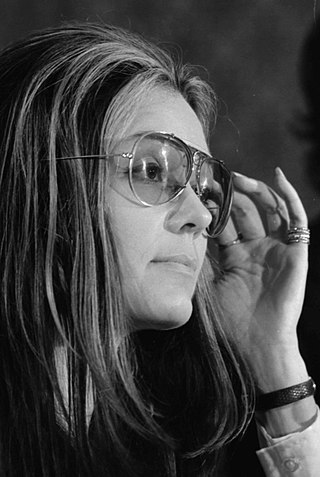
The Women's Action Alliance (WAA), or simply the Alliance, was a feminist organization in the United States which was active from 1971 to 1997. It was founded by Gloria Steinem, Brenda Feigen Fasteau and Dorothy Pitman-Hughes. The board of directors of the WAA included several notable feminists such as Bella Abzug and Shirley Chisholm. The WAA's mission was to assist local activists through technical and communications support and through them, to create change on a national scale.

Noel Phyllis Birkby was an American architect, feminist, filmmaker, teacher, and founder of the Women's School of Planning and Architecture.
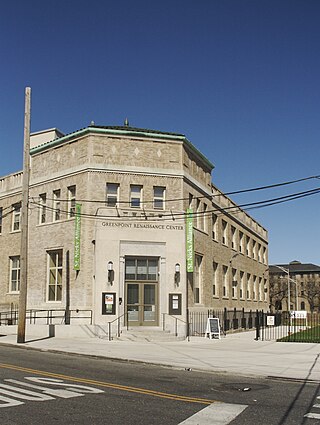
The Greenpoint Renaissance Enterprise Corporation (GREC) is a consortium of neighborhood organizations in North Brooklyn that serves to facilitate and advocate the activities for city initiatives, as well as coordinate community involvement in the neighborhood of the former Greenpoint Hospital Complex.
Sherrill Elizabeth Tekatsitsiakawa “Katsi”Cook is a Mohawk Native American midwife, environmentalist, Native American rights activist, and women's health advocate. She is best known for her environmental justice and reproductive health research in her home community, the Mohawk Nation at Akwesasne in upstate New York.

Loretta J. Ross is an African American academic, feminist, and activist who advocates for reproductive justice, especially among women of color. As an activist, Ross has written on reproductive justice activism and the history of African American women.
The Committee of Correspondence was an American anti-communist women's organization active from 1952 to 1969. A group of women active in international affairs voluntary clubs and professional fields created the committee as an counterpart to the National Council of Women. The committee established itself as an independent non-profit organization shortly after it began.














